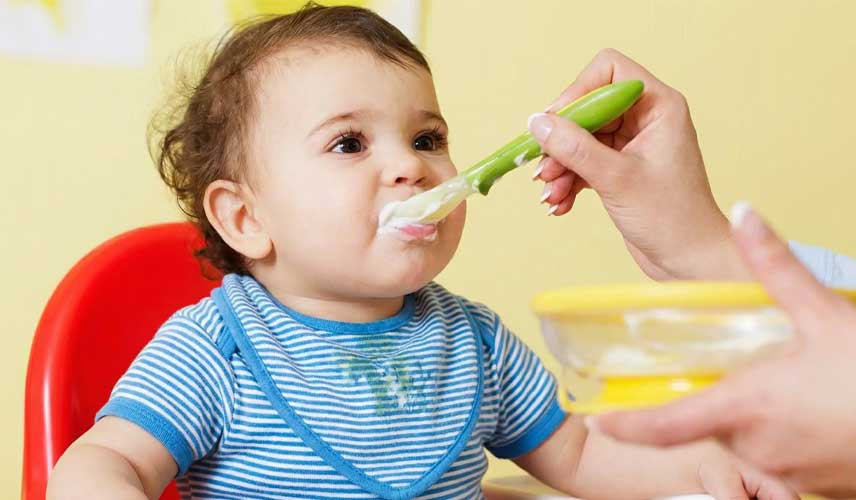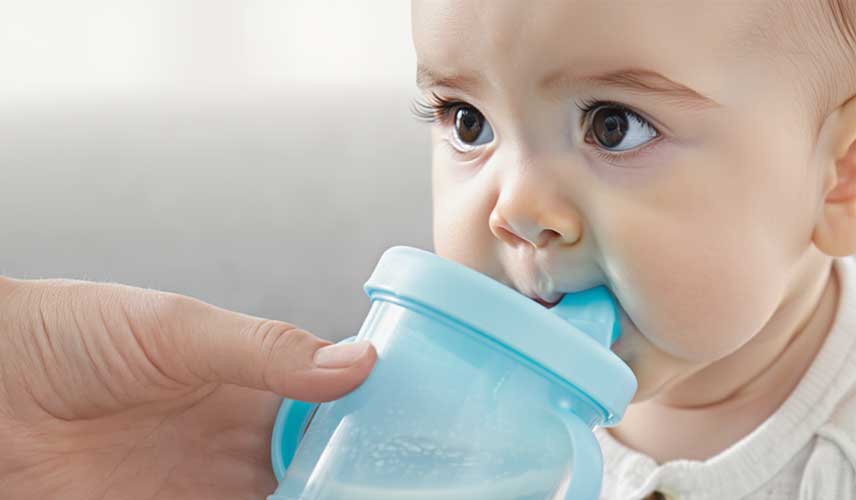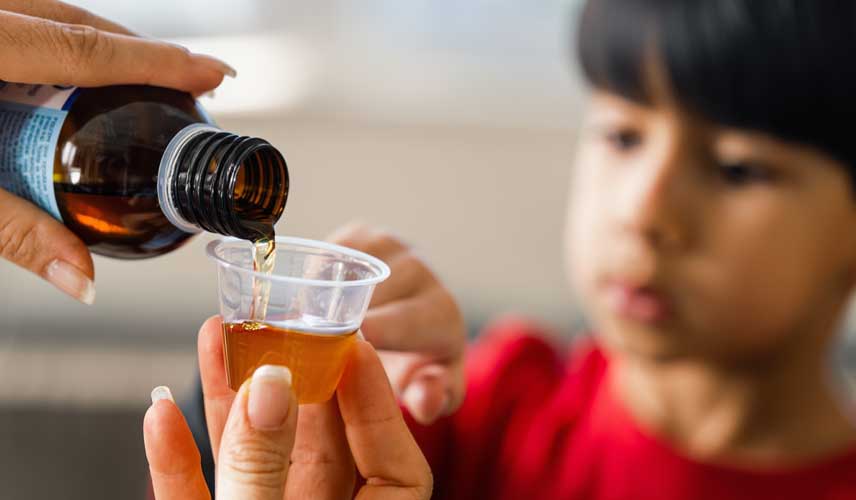
10 Ways to Prevent Sugar Consumption in Children

Excessive sugar consumption increases the likelihood of children facing hypertension, liver aging, obesity, type 2 diabetes, and other health issues in later years. The calories obtained through sugar are just calories and carry no nutritional value. Therefore, it is necessary to take measures to prevent sugar consumption in children, to raise awareness among children about this issue, and to try to help them develop healthy eating habits. Filling tables prepared for special occasions with sugary foods and often rewarding children with cakes and chocolates are habits that fuel sugar consumption.
Since humans are inherently sensitive to sweetness, sugary foods are consumed more at a young age. Sweet foods create a desire to eat more as one continues to eat, leading to addiction. Banning children from eating sweets is not a solution; on the contrary, it arouses more curiosity and reaction in them. However, there are some things you can do to prevent excessive sugar consumption.
1. Delay introducing your baby to sugar as much as possible.
2. To keep your child away from ready-made fruit juices and soft drinks, prepare fresh fruit juice at home, make buttermilk, and prepare sugar-free compote. Of course, these should not be consumed in large quantities; one glass a day is sufficient. Also, try to ensure they drink plenty of water. You can make water more delicious and appealing by adding a slice of apple or a bit of lemon.
3. Ingredients like corn syrup, dextrose, and fructose syrup in ready-made food products are also sugars. Develop a habit of reading labels and try to instill this in your child as well.
4. Be a good example for your child in this regard. Do not keep various sugary snacks at home. Instead, prefer dried fruits and fruit balls. Remember that your eating habits will also influence your child.
5. A healthy breakfast containing protein prevents sweet cravings. Therefore, make sure your child has a proper and balanced breakfast. If they are going to consume a piece of sweet during the day, ensure they do it at breakfast. A teaspoon of honey or molasses or a glass of cinnamon milk can prevent the need for sweet consumption later in the day.
6. Do not use sugary foods as rewards.
7. Keep dried fruits at home and suggest them when your child wants to eat something sweet. Occasionally, prepare fruit balls by dipping fruits in a bit of melted chocolate. Research healthy snack recipes that contain a reasonable amount of sugar.
8. A deficiency of any substance in the body increases the desire for sugar. Therefore, ensure your child gets enough vitamins and minerals and does not suffer from Omega 3 deficiency.
9. When making sweets at home, prefer fruit desserts and light milk desserts instead of syrupy, heavy sweets and cakes. When eating sweets outside, also opt for these types of alternatives.
10. Explain the harms of excessive sugar consumption to your child. Do not impose strict bans, as this can provoke reactions and curiosity in children.
Child Health and Safety Other Content in the Category

Child Health and Safety
Newborn Care

Child Health and Safety
My Baby Refuses to Eat Solid Food

Child Health and Safety
Ways to Protect Children from the Coronavirus

Child Health and Safety
What to Do to Instill Brushing Habits in Children

Child Health and Safety
Child Safety: Medications Should Be Stored Out of Reach of Children

Child Health and Safety
10 Effective Tips for Child Health

Child Health and Safety
8 Factors That Cause Babies to Cry

Child Health and Safety
Down Syndrome Diagnosis Methods

Child Health and Safety
When Do Babies Crawl

Child Health and Safety
Information About Teething Period in Babies

Child Health and Safety
How Much Water Should Babies Drink?

Child Health and Safety
10 Things to Do for a Healthy Pregnancy

Child Health and Safety
10 Ways to Prevent Sugar Consumption in Children

Child Health and Safety
Frequently Asked Questions About Cancer and Chemotherapy

Child Health and Safety
